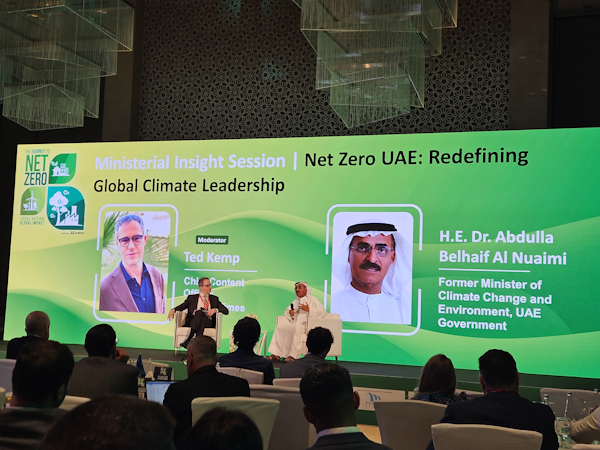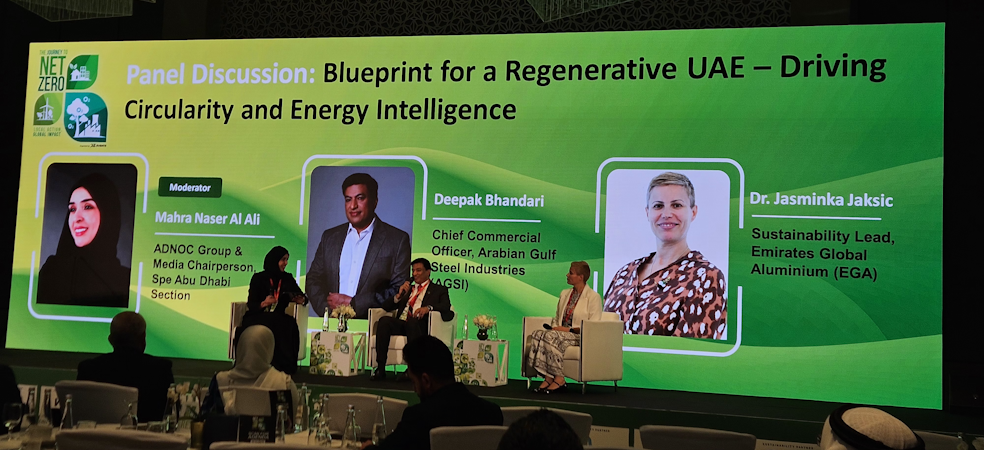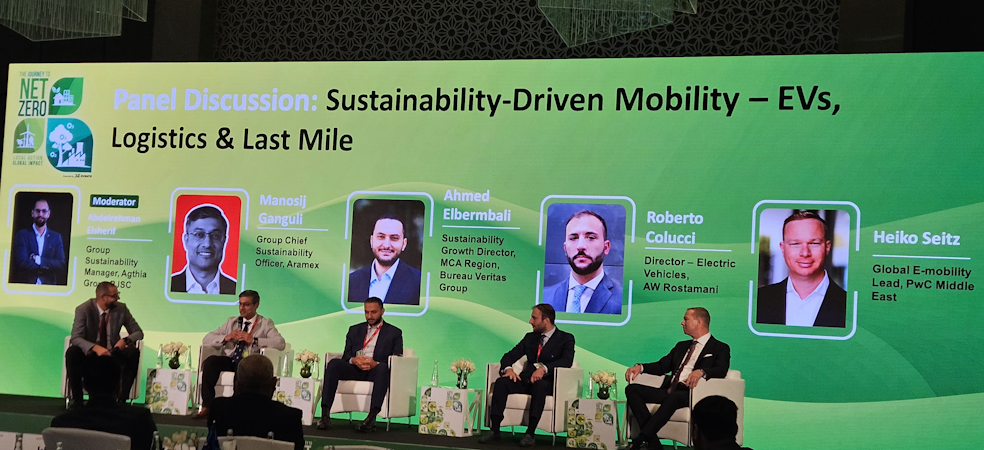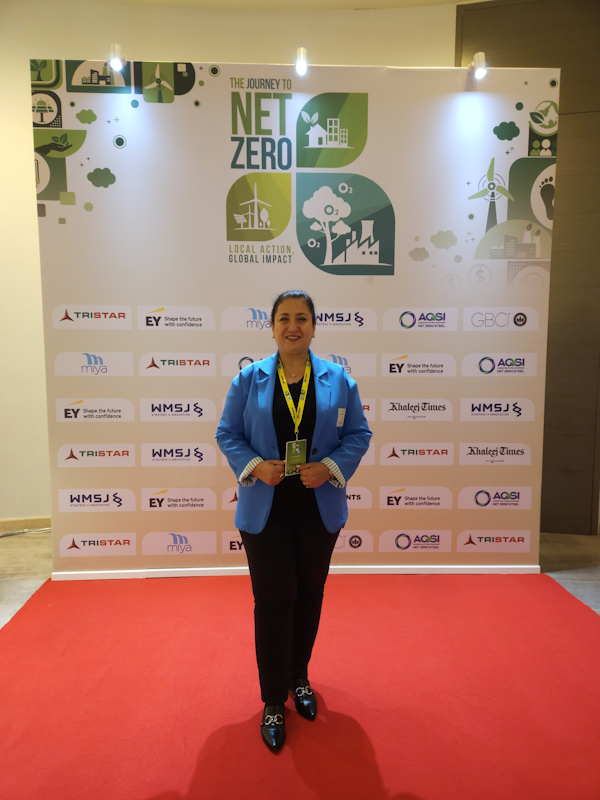UAE’s Net Zero Ambitions Take Center Stage in Dubai
Moderator Ted Kemp and H.E. Dr. Abdulla Belhaif Al Nuaimi
Experts at Khaleej Times Conference Emphasize Collaboration and Innovation to Reshape the Global Economy
DUBAI, UAE — At the recent Net Zero by 2050 Conference in Dubai, a collective of global experts, policymakers, and industry leaders gathered to address one of the most pressing challenges of our time. Organized by Khaleej Times on September 17, the event transformed the concept of "net zero" from a distant target into a tangible, and immediate, economic blueprint. Attendees and speakers shared a consensus that achieving ambitious climate goals requires more than technological innovation; it demands a fundamental shift in economic models, a collaborative spirit, and a commitment to a just and equitable transition.
A New Economic Paradigm
The central theme echoed throughout the day: the transition to a net zero economy is not a burden but an unparalleled opportunity for innovation, job creation, and sustainable growth. The conference highlighted that every year of delay amplifies risks and increases the difficulty of the path ahead. The transformation required is sweeping, touching everything from energy systems and transportation to industrial processes and consumer behavior. This shift, according to speakers, will pave the way for the industries of the future.
The Power of Collaboration and Sustainable Urbanism
Achieving net zero is impossible in isolation. The conference underscored the critical need for integration across all sectors—governments, the private sector, financial institutions, technology innovators, and civil society. Siloed action, participants agreed, will not suffice. The role of sustainable urban planning and mobility was also a pivotal discussion point. Experts argued that creating resilient, green cities goes beyond energy alone, emphasizing the importance of walkability, robust public transit, mixed-use developments, and a portfolio of transport alternatives such as electric and hydrogen-powered vehicles.
A key takeaway was the idea that a portfolio of solutions, rather than a single technology, will be the key to success. The conference highlighted a wide array of options, including solar, wind, and hydrogen energy, along with nuclear energy, carbon capture, utilization and storage (CCUS), and circular economy principles.
AI and a Just Transition
One of the more nuanced discussions revolved around the role of technology, specifically artificial intelligence and data centers. While these technologies are energy-intensive, the conference highlighted emerging strategies that can mitigate their carbon footprint. These include the use of distributed, smaller-scale data centers and sourcing power from renewable sources. The broader application of digitalization was also noted as a tool for reducing emissions across numerous sectors.
A critical pillar of the discussion was the concept of a fair transition. The conference stressed the importance of ensuring that the shift to a green economy does not leave behind those in carbon-intensive industries or less developed areas. The consensus was that reskilling initiatives, access to finance, and technology transfer are essential components of making the transition both just and sustainable.
In a follow-up, Rola Nasreddine, a volunteer with the WiRE UAE Chapter, shared her perspective, stating, “The insights and commitments shared were powerful and deeply relevant. As the UAE and global community doubled down on more ambitious climate goals, this event reinforced the understanding that net zero isn’t just a target—it’s a new economic model that demands long-term planning and fundamental systemic transformation.”
The Path Forward
The conference served as a powerful reminder that the journey to net zero is a shared responsibility. The insights shared will be crucial for guiding policy and investment in the coming years, not just in the UAE but globally. The focus on long-term vision and commitment beyond short-term targets highlights a maturing and more realistic approach to climate action. By framing the transition as a significant economic opportunity, the event provided a roadmap for building a sustainable, prosperous, and equitable future for all.
Learn more about WiRE UAE





